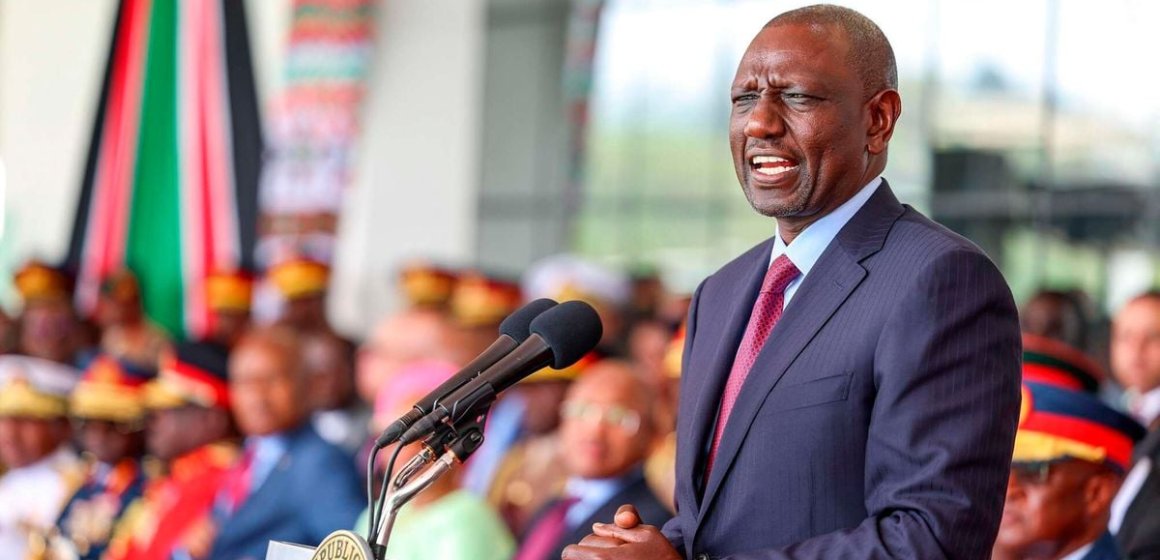|
LISTEN TO THIS THE AFRICANA VOICE ARTICLE NOW
Getting your Trinity Audio player ready...
|
Kenya has dropped significantly in the 2024 Africa Visa Openness Index (AVOI), ranking 46th out of 54 African nations, a dramatic decline of 17 places compared to last year.
This steep fall comes despite the government’s announcement of a visa-free policy for all African travelers at the start of the year—a move initially hailed as a bold step toward fostering continental unity.
The index, compiled by the African Development Bank Group (AfDB) and supported by the African Union, assesses how accessible African nations are to citizens from across the continent. Kenya’s decline was largely attributed to its introduction of an Electronic Travel Authorisation (ETA), which has been described as a visa under a different name.
Instead of eliminating barriers to travel, the ETA system has introduced new layers of bureaucracy for most African visitors. The digital process requires applicants to submit flight details, proof of accommodation, and a $30 fee, with approvals taking up to three days. Only citizens of East African Community (EAC) member states are exempt from this process.
In October 2023, President William Ruto had announced with great fanfare that Kenya would waive visa requirements for all foreign visitors beginning January 2024. This policy, he said, aligned with Kenya’s role as the “cradle of mankind” and was intended to promote Pan-African unity and economic integration.
However, the rollout of the ETA system has drawn sharp criticism from industry experts and travelers alike. Many argue that the system contradicts the spirit of a visa-free policy. “This is not visa-free travel—it’s a visa in disguise,” said Mohamed Hersi, a hotelier and former chairman of the Kenya Tourism Federation. He warned early in 2024 that the system could deter potential visitors and damage Kenya’s image as a welcoming destination.
According to the AVOI report, many African nations still impose visa requirements on each other, creating barriers to trade, tourism, and cultural exchange. AfDB Director Joy Kategekwa described this as a “profound contradiction” to the continent’s aspirations.
“Despite some progress, the introduction of systems like ETAs adds complexity to travel rather than simplifying it,” Kategekwa said. The report noted that Kenya’s move toward ETAs mirrors trends in other countries that claim to simplify travel but instead impose additional requirements.
The Kenyan government has defended the ETA system as a necessary measure to ensure national security. The government pointed to the country’s history of terrorist attacks, particularly from al-Shabab militants, as justification for vetting all travelers. Critics, however, argue that security concerns should not come at the expense of regional connectivity and economic growth.
While Kenya’s overall tourism numbers have surged—welcoming over a million international visitors in the first half of 2024, a 21% increase from the previous year—the influx has largely been driven by travelers from Europe, Asia, and North America. African travelers, who now face greater hurdles under the ETA system, have found Kenya less accessible than before.
Previously, visitors from more than 40 African nations could enter Kenya visa-free or obtain a visa upon arrival for a small fee. The new system replaces these straightforward processes with stricter requirements, dampening enthusiasm among potential regional visitors.
Kenya’s struggles stand in stark contrast to countries like Benin, The Gambia, Rwanda, and Seychelles, which top the AVOI rankings. These nations allow visa-free entry for all Africans, reaping the benefits of increased regional tourism and economic ties. At the bottom of the index are Sudan, Libya, Equatorial Guinea, and Eritrea, where restrictive policies continue to stifle cross-border movement.











LEAVE A COMMENT
You must be logged in to post a comment.